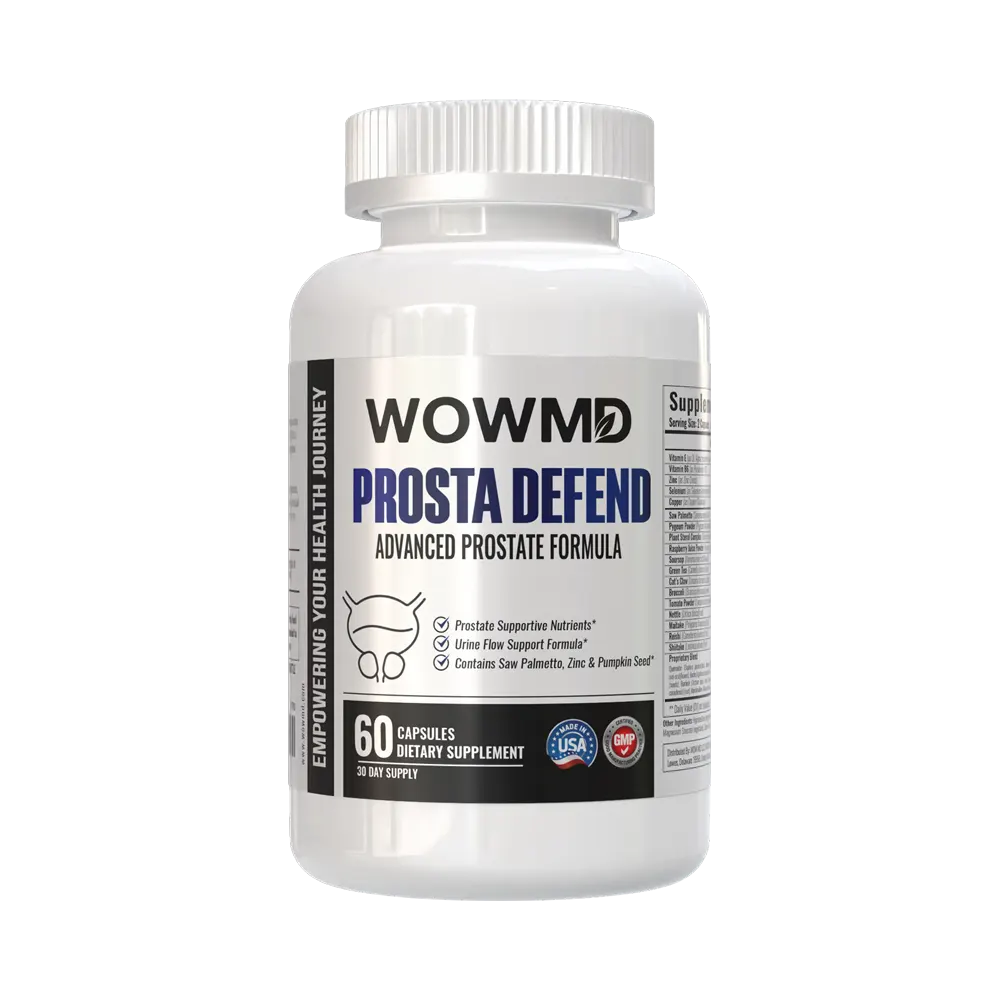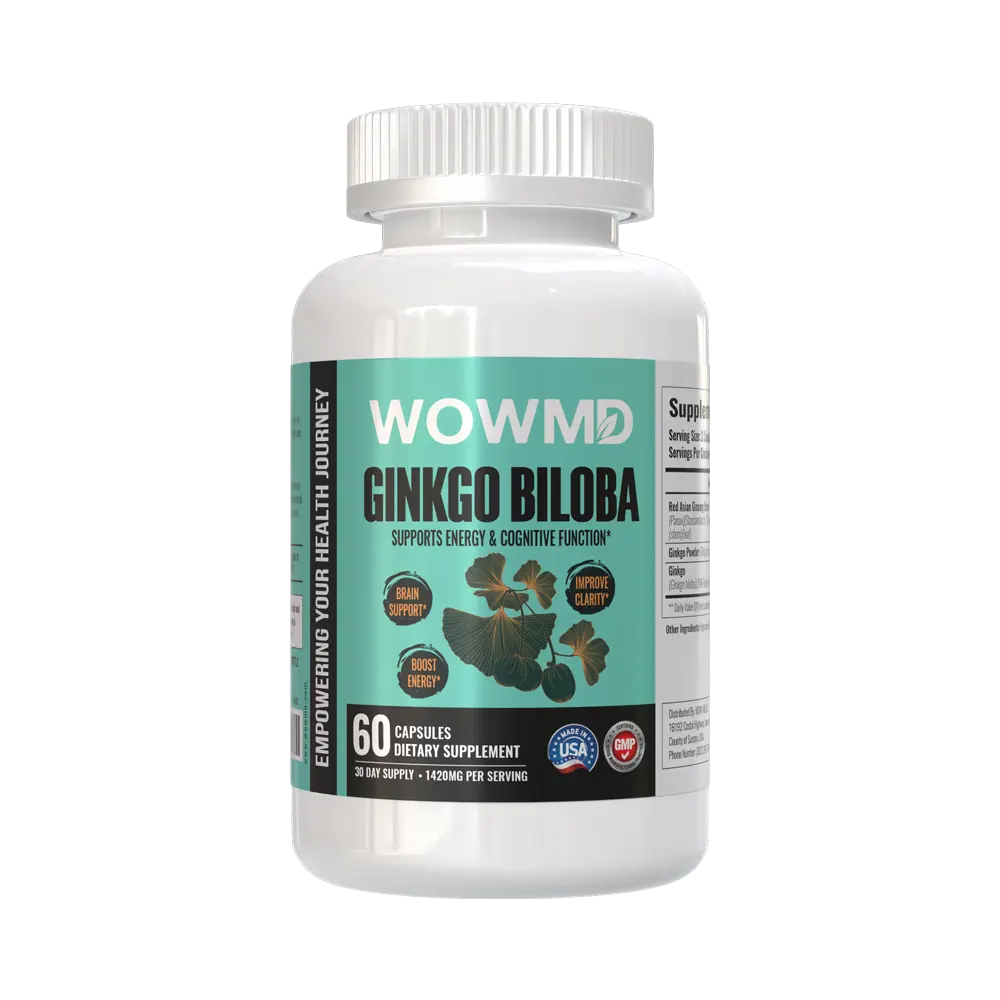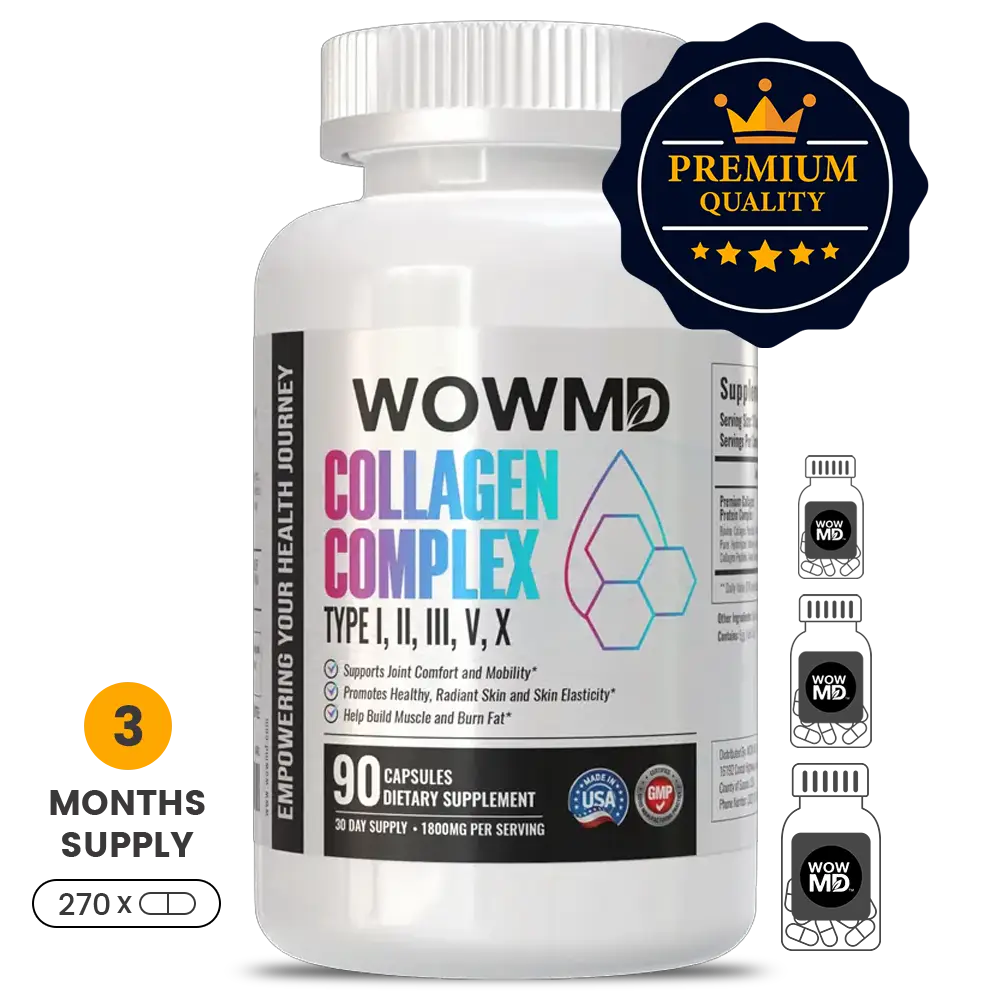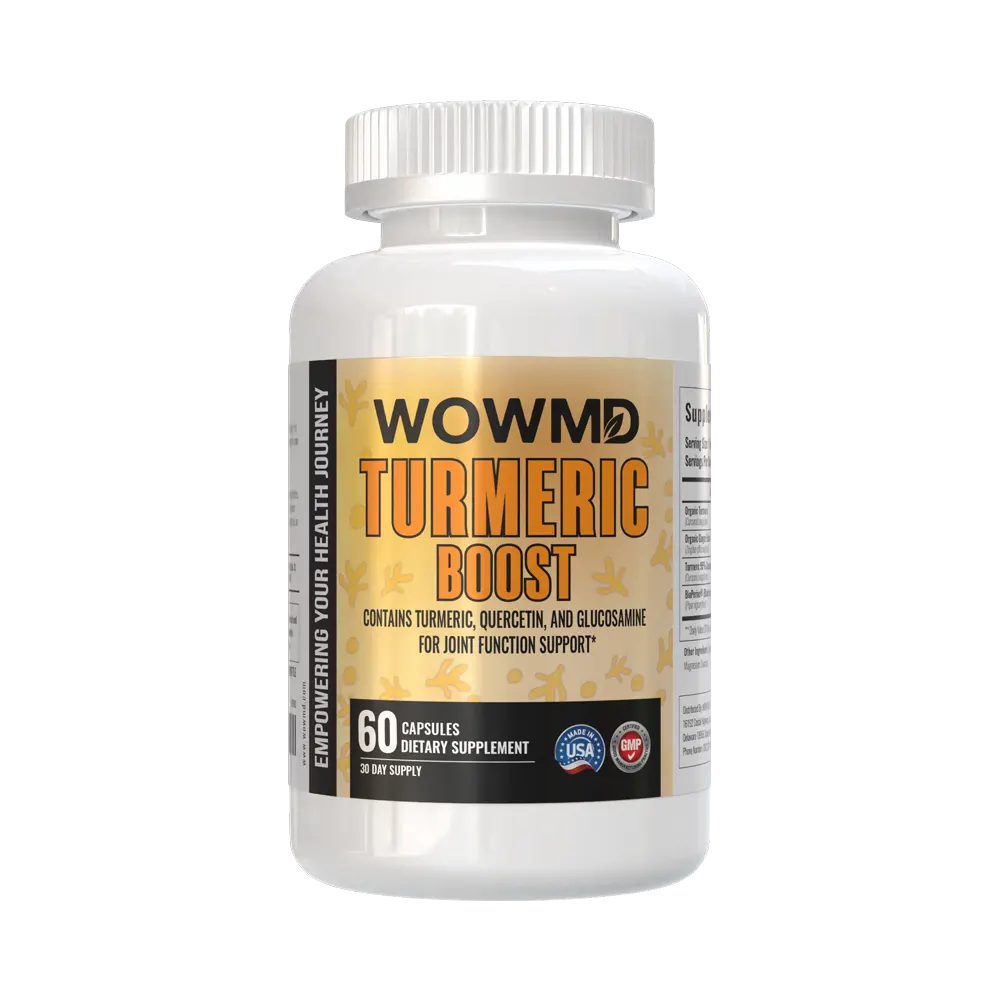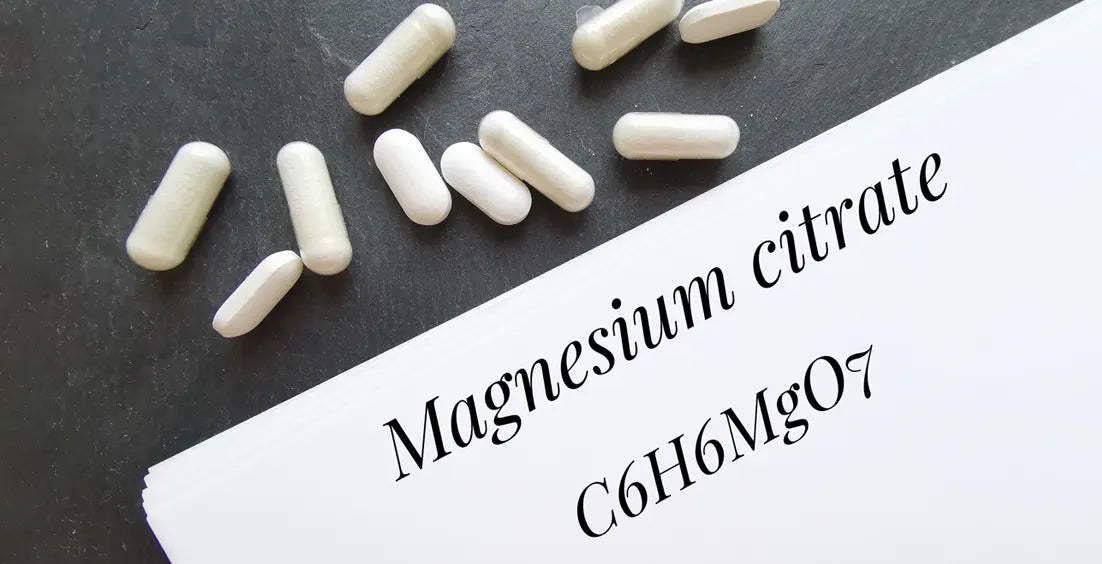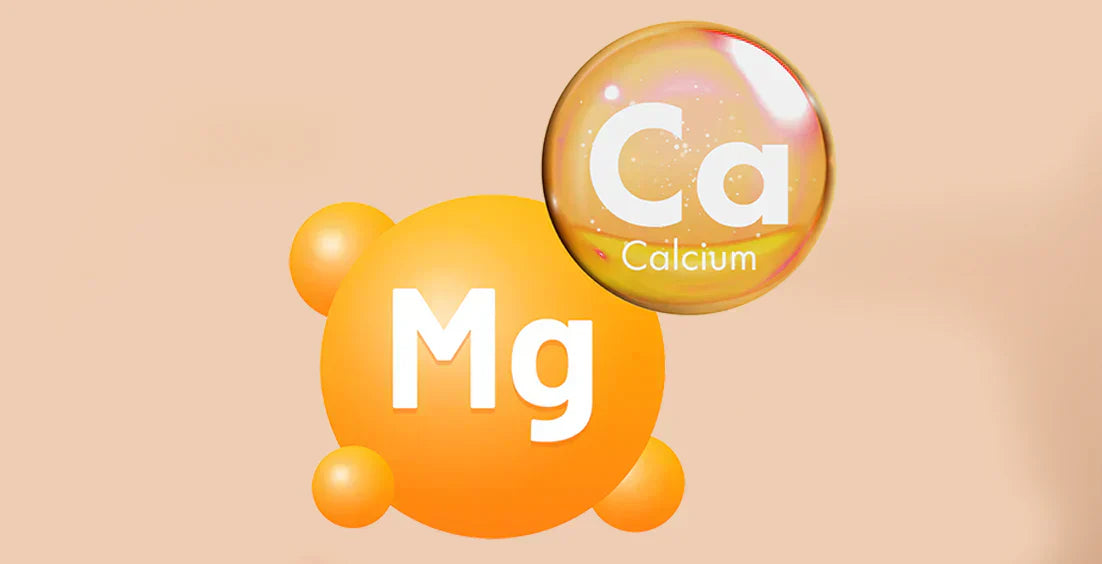Magnesium for Muscle Health and Recovery
Learn how magnesium helps with muscle recovery by reducing soreness, promoting healing, and supporting energy levels for optimal muscle health.

Popular Stories
References
- The Central Role of Magnesium In Skeletal Muscle: From Myogenesis to Performance: https://air.unimi.it/bitstream/2434/1117513/2/mrh-351319-79182-the_central_role_of_magnesium_in_skeletal_muscle_from_myogenesis_to_performance-241506-u.pdf
- Effects of Magnesium Supplementation on Muscle Soreness and Performance: https://pubmed.ncbi.nlm.nih.gov/33009349/
- The Role of Magnesium in Sleep Health: a Systematic Review of Available Literature: https://pubmed.ncbi.nlm.nih.gov/35184264/
- Taurine in sports and exercisehttps://pmc.ncbi.nlm.nih.gov/articles/PMC8152067/
- Myth or Reality—Transdermal Magnesium? https://pmc.ncbi.nlm.nih.gov/articles/PMC5579607/
- Magnesium: https://ods.od.nih.gov/factsheets/Magnesium-HealthProfessional/
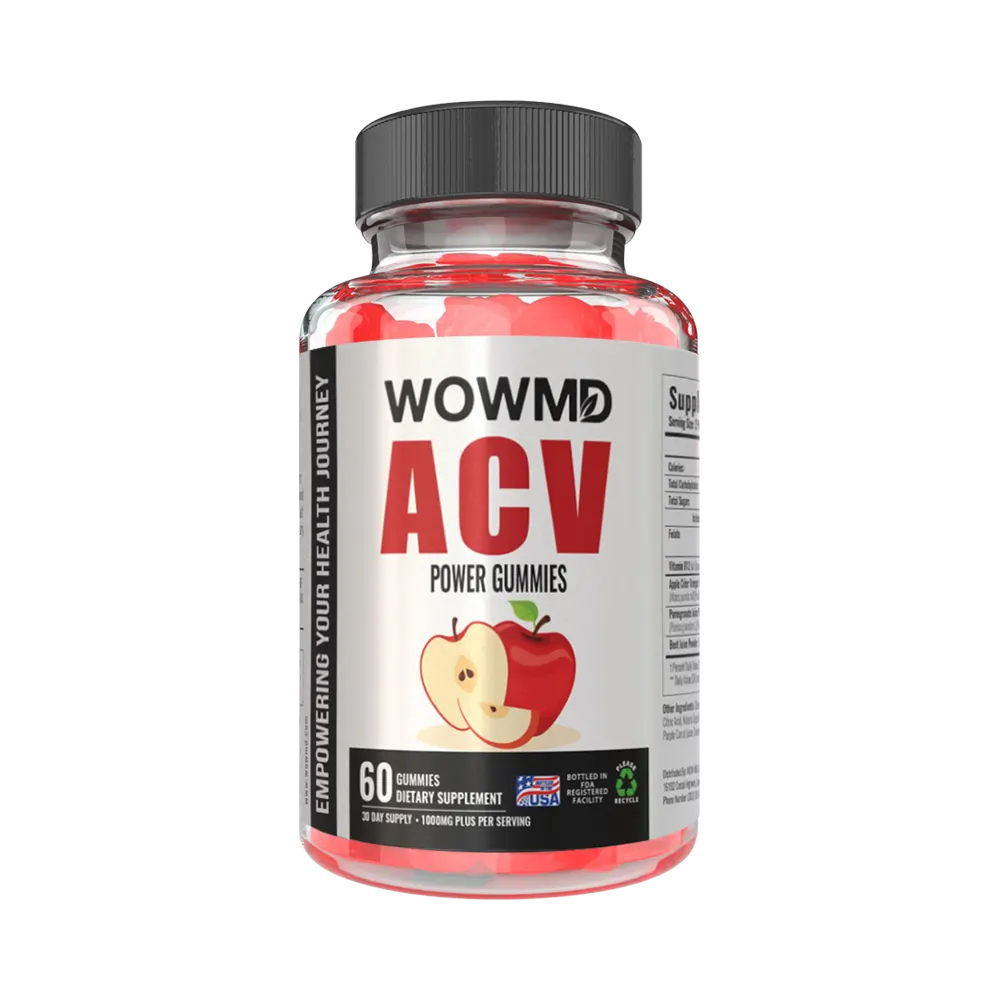
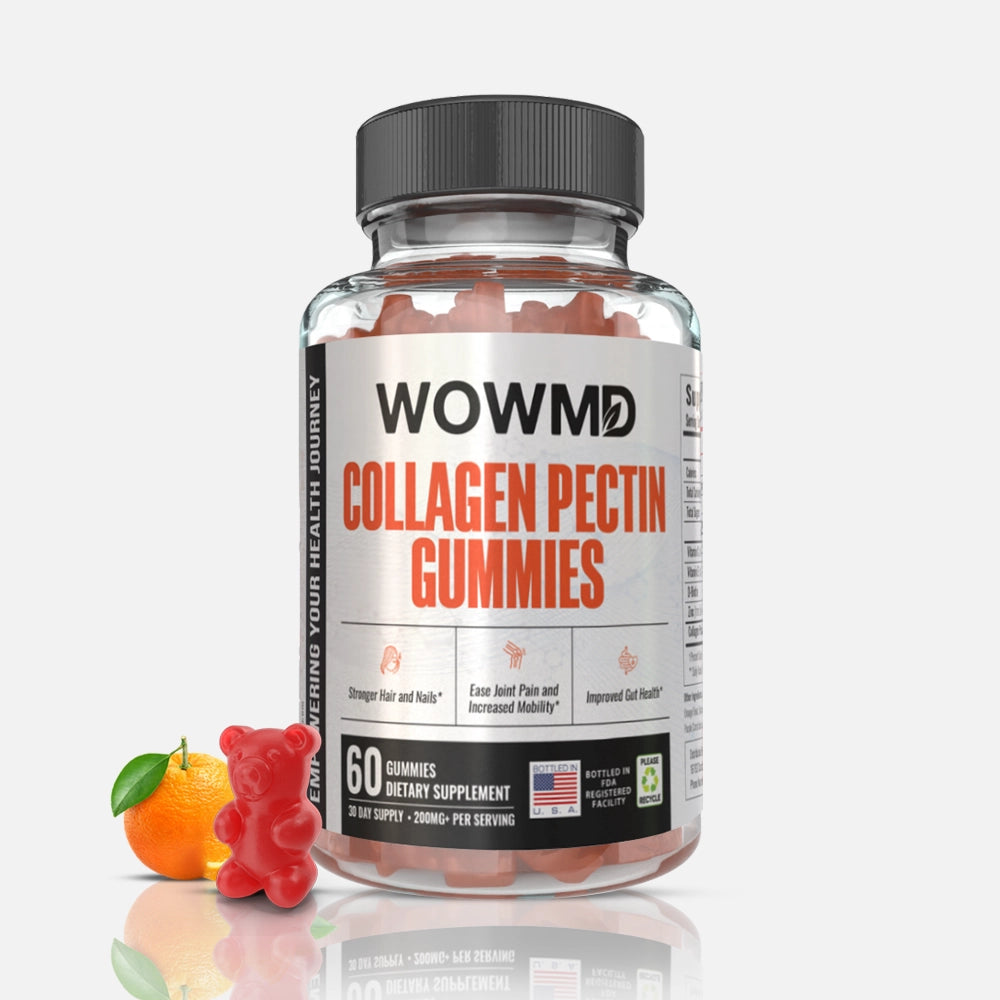

 Skin Detoxification Bundle
Skin Detoxification Bundle Complete Weight Loss Bundle
Complete Weight Loss Bundle Heart Care Bundle
Heart Care Bundle Better Immunity Bundle
Better Immunity Bundle  Men's Immunity & Prostate Health Bundle
Men's Immunity & Prostate Health Bundle Stress + Energy + Wellness Combo
Stress + Energy + Wellness Combo  Energy Booster Combo
Energy Booster Combo Natural Skin Care Bundle
Natural Skin Care Bundle Workout Supplements Combo
Workout Supplements Combo Cognitive Health & Vision Combo
Cognitive Health & Vision Combo Joint Health Support Combo
Joint Health Support Combo
